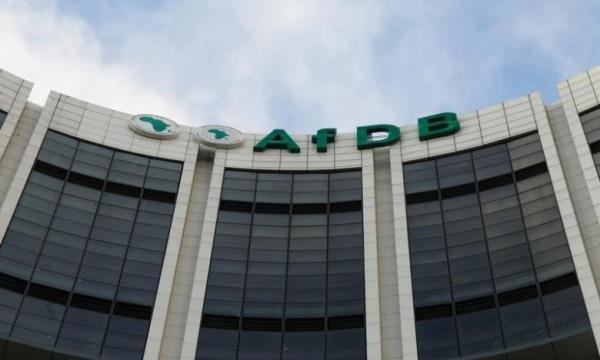
AfDB Launches $2.95bn Five Year Strategy for Nigeria
THE African Development Bank (AfDB) has launched a new five-year Country Strategy Paper (CSP) for Nigeria, marking a significant commitment to support the country’s development priorities amid concerns about the historical inconsistency in national planning.
The strategy, covering 2025 to 2030, outlines a robust plan to channel approximately $2.95 billion over the first four years, with an average annual investment of $650 million. The Bank also projects an additional $3.21 billion in co-financing from development partners, reflecting renewed international confidence in Nigeria’s economic potential.
This strategy comes after a series of six national development plans, spanning multiple administrations since 1999, that analysts say have largely fallen short of their goals.
Despite being well-articulated, none of these plans achieved up to 90 percent of their targets, according to national statistics and policy experts. This legacy of policy discontinuity and poor implementation has raised questions about Nigeria’s capacity to follow through on long-term development blueprints.
The newly launched CSP seeks to break that cycle by aligning closely with Nigeria’s existing frameworks such as the National Development Plan (2021-2025), the Agenda 2050 vision, and the Tinubu administration’s “Renewed Hope Agenda.” The strategy focuses on critical areas including infrastructure development, job creation, social inclusion, climate resilience, and regional trade integration through the African Continental Free Trade Area (AfCFTA).
According to the AfDB, Nigeria faces an estimated infrastructure funding gap of $2.3 trillion between 2020 and 2043. The Bank believes its funding and support can significantly narrow this gap, especially by crowding in private investment and development partner resources.
With a focus on sectors such as transport, power, agriculture, water, education, and health, the CSP promises to deliver real impact on the ground—if implemented effectively.
AfDB Country Manager for Nigeria, Lamin Barrow, said the new strategy is designed not only to address Nigeria’s immediate development challenges but to foster structural transformation and inclusive growth.
“The strategy is a product of comprehensive consultations with stakeholders across public and private sectors. It aims to accelerate economic diversification, enhance human capital development, and strengthen financial sector resilience,” Barrow noted during the CSP unveiling ceremony.
President Bola Tinubu’s campaign manifesto—rooted in the ambition of building a self-sufficient, just, and prosperous Nigeria—offers a national vision that resonates with the AfDB’s strategy.
His “Renewed Hope Agenda” calls for a Nigeria that is transformed into a global economic powerhouse and the pride of Africa. He envisions a democratic nation with an industrial base capable of producing basic needs and exporting surplus, where prosperity is broadly shared regardless of class, region, or religion.
Tinubu’s goals also include ensuring every Nigerian has access to food, shelter, healthcare, and primary education, while living in a safe and secure environment.
These ideals, while lofty, now face the real test of execution—something previous administrations have struggled with.
